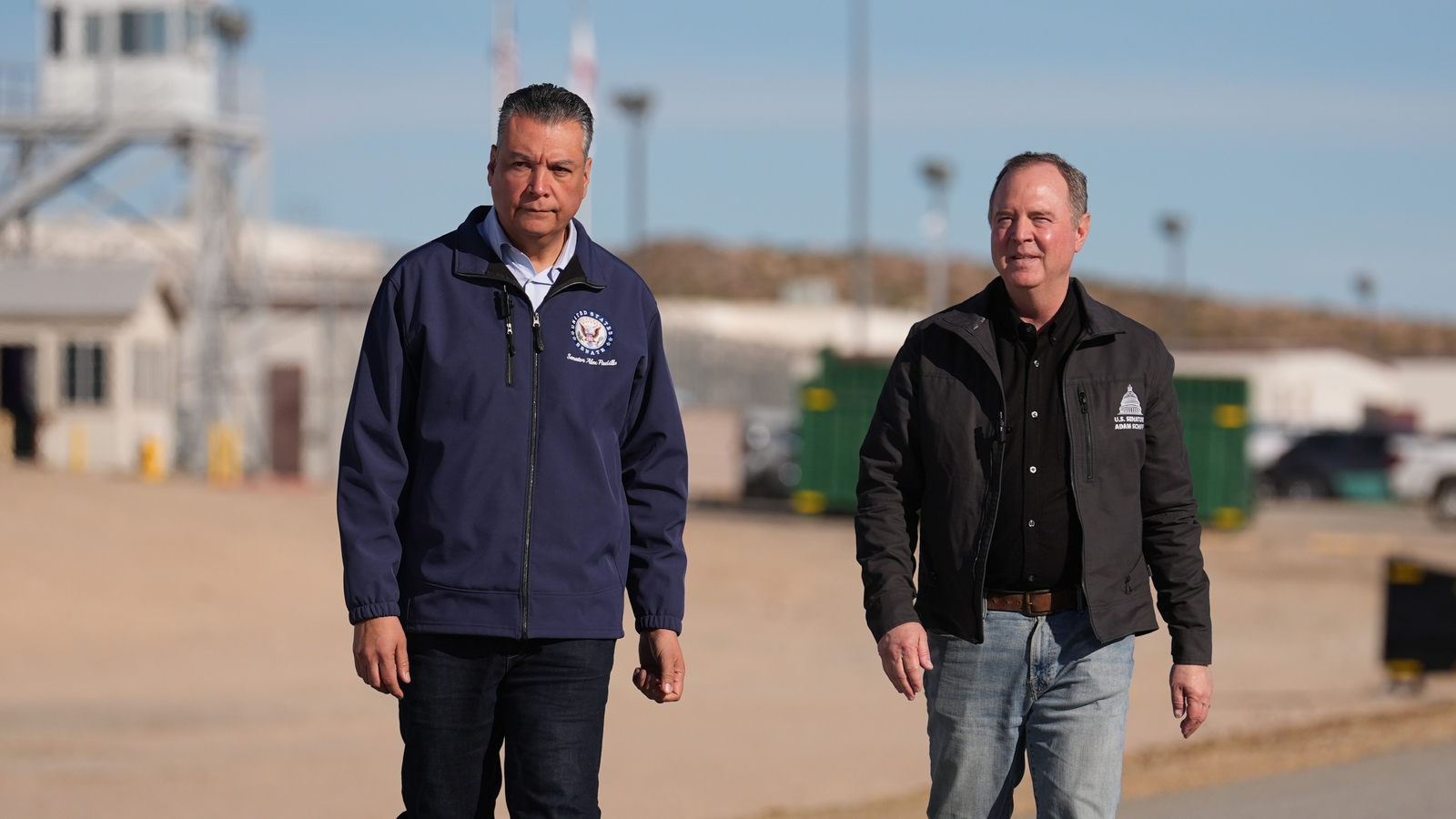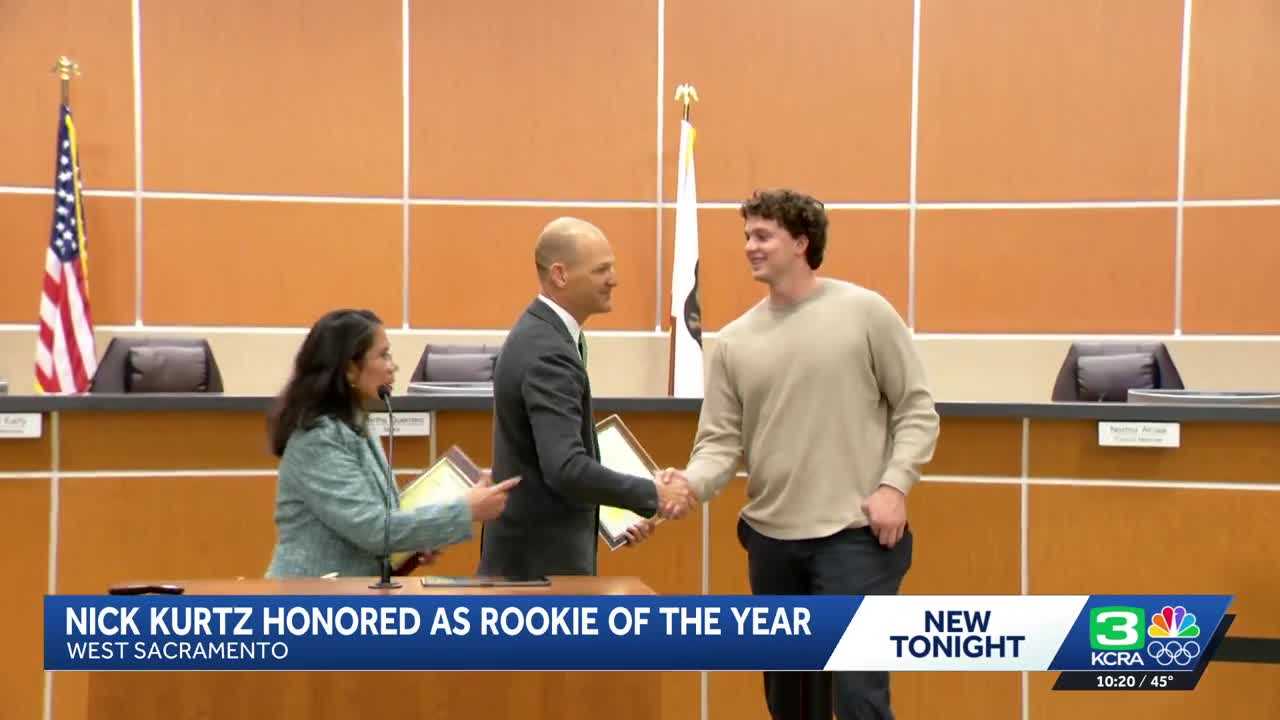
New observations of WASP-39b with the James Webb Space Telescope have provided a clearer picture of the exoplanet, showing the presence of sodium, potassium, water, carbon dioxide, carbon monoxide and sulfur dioxide in the planet's atmosphere. This artist's illustration also displays newly detected patches of clouds scattered across the planet. Credit: Melissa Weiss/Center for Astrophysics | Harvard & Smithsonian
The CITRIS Interdisciplinary Innovation Program (I2P) at the University of California, Santa Cruz, has selected three projects for funding, aimed at addressing significant societal challenges through information technology. The program, which invites proposals annually, focuses on three key areas: Society, Media and Technology; Agricultural Technology (AgTech); and Educational Technology (EdTech). This year’s initiative received a robust array of submissions, ultimately leading to the endorsement of these innovative projects.
Funded Projects Overview
The selected projects reflect a diverse expertise across eight departments within the university. Each project is led by a Principal Investigator (PI) and supported by a team of co-investigators, showcasing interdisciplinary collaboration.
One notable project is titled “Understanding Computational Thinking and Skill Development with Large Language Models.” Led by Leilani Gilpin, an assistant professor of computer science and engineering, the research team also includes Hannah Hausman, an assistant professor of psychology, and linguistics professors Matt Wagers and Pranav Anand. This pilot study aims to explore how Large Language Models (LLMs) influence computational thinking in an entry-level research setting. Participants will engage in programming tasks while their behavioral data—including eye fixations, mouse clicks, and speech—will be recorded. This data will help the team develop a predictive model of mastery based on participant behavior.
Another project, “Equitable Environmental Sensing for Sustainability,” is spearheaded by Colleen Josephson, an assistant professor of electrical and computer engineering. Co-PI Crystele Leathaud from the Center for Agroecology joins her in this initiative, which aims to create a low-cost, open-source environmental sensing platform. This platform, designed in collaboration with small growers, will monitor critical environmental parameters such as soil moisture and microclimate conditions to inform irrigation practices.
The third project, “REMEDIATE: Integrated Air and Soil Monitoring for Community-Engaged Disaster Response and Recovery,” is directed by Javier Gonzalez-Rocha, an assistant professor of applied mathematics. Co-PIs Adina Paytan, a professor of earth and planetary sciences, and Tamara Ball, a lecturer at the Baskin School of Engineering, are also involved. This project integrates airborne and surface-level data to assess the distribution of contaminants in affected landscapes. By combining sensor networks with targeted soil sampling, the research team aims to produce comprehensive environmental assessments that inform disaster response and recovery efforts.
Future Funding Opportunities
The CITRIS program continues to evolve and expand its reach. The UC-wide CITRIS Core Seed Funding program will open for proposals in February 2026. Teams must include researchers from at least two of the CITRIS campuses, which include UC Berkeley, UC Davis, UC Davis Health, UC Merced, and UC Santa Cruz.
In addition to these initiatives, CITRIS at UC Santa Cruz supports student projects and events through its Tech for Social Good program, with applications for its technology track due by November 15, 2025. Furthermore, the CITRIS program offers the CIDER Drone Pilot Training, which aims to educate students on the safe and effective use of drones, particularly in agricultural and environmental contexts. Applications for this program are open until November 3, 2025.
This funding initiative underscores the commitment of CITRIS and UC Santa Cruz to harness interdisciplinary collaboration and cutting-edge technology in addressing critical global challenges. For more information about the funding opportunities and projects, interested parties can visit the CITRIS website.






